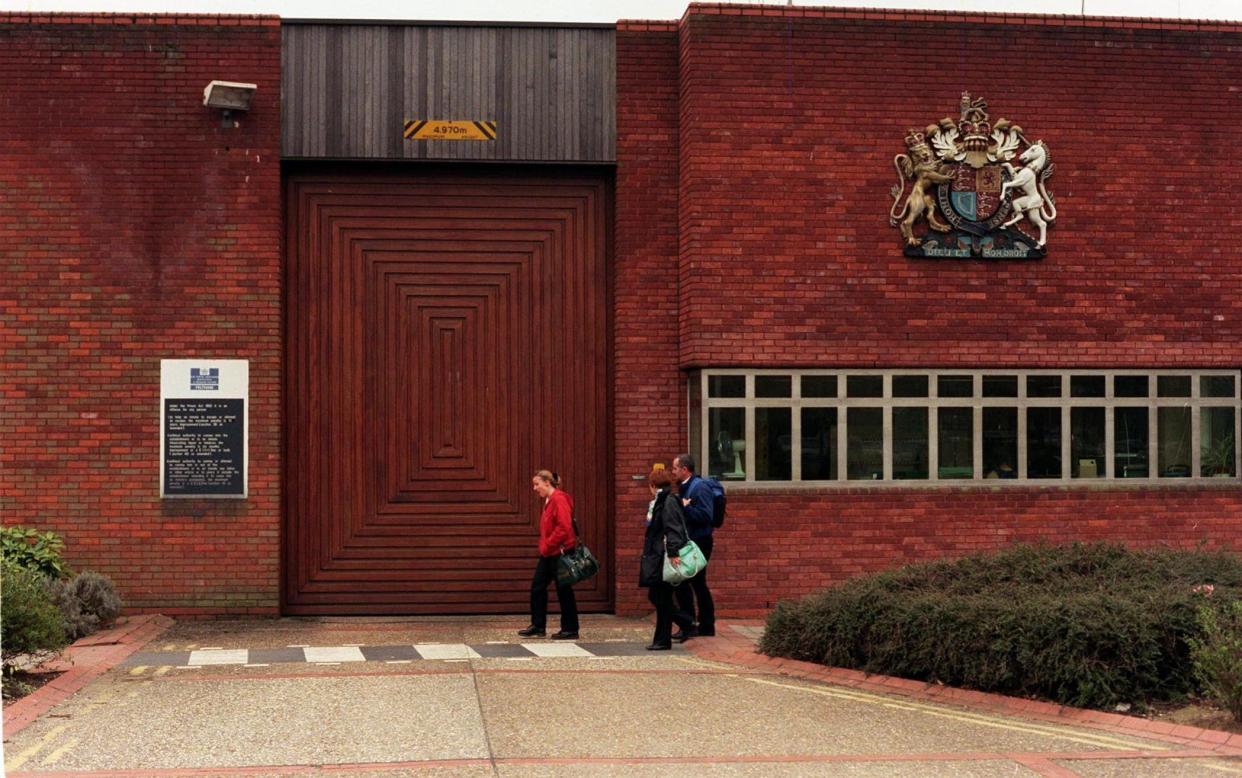Solitary confinement for child offenders faces Supreme Court challenge

Solitary confinement for child offenders faces a legal challenge in the Supreme Court on Wednesday after a 15-year-old boy was locked up alone for 55 days despite having mental health problems.
The boy was held in his cell at Feltham Young Offenders Institution for more than 23 hours a day and barred from having any contact with any other children and only limited contact with adults. He ate alone in his cell, received no education and had no access to the gym, psychological treatment or purposeful activity.
The test case comes amid growing calls from prison watchdogs and health bodies, including the British Medical Association, the Royal College of Psychiatrists and the Royal College of Paediatrics and Child Health, for the Government to ban solitary confinement for children.
In his last annual report in October, Peter Clarke, the chief inspector of prisons and a former counter-terror chief, said it was a disgrace that children in modern Britain were being held in solitary confinement without any education or contact with their peers.
The boy, who had been sentenced to a year's detention for assaults on prison officers, will be represented by the Howard League for Penal Reform.
The charity will argue that the conditions of his detention in Feltham constituted inhuman or degrading treatment, in breach of Article Three of the European Convention on Human Rights (ECHR). His treatment was initially ruled unlawful in the High Court before that was overturned in the Court of Appeal.
The Government's legal team is led by Sir James Eadie QC, known as the "Treasury Devil", who takes on the most important cases brought against ministers.
Frances Crook, the Howard League's chief executive, said: "The practice of locking children in their cells for days on end is shocking and shameful. This important and upsetting case is among the worst that we have seen."
Dr Laura Janes, the legal director at the Howard League, said there was now a consensus that children should never be kept in such conditions.
Meanwhile, Charlie Taylor, the chief inspector of prisons, said haphazard ways of dealing with young adult prisoners must be urgently addressed in order to cut reoffending rates.
He said there had been missed opportunities in helping criminals aged 18 to 25 rehabilitate, which could put the public at risk of them offending again on release.

